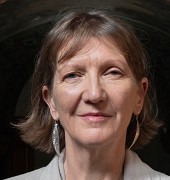
Friday, 5 April 2024 to Sunday, 7 April 2024

|
Fri5 Apr01:30pm(15 mins)
|
Where:
Garden Room
Presenter:
|
